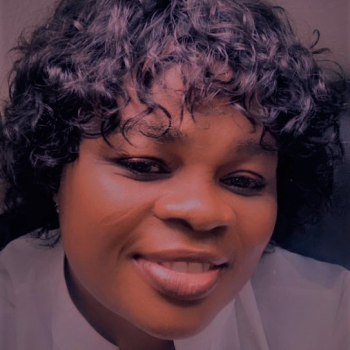Exploring the Cultural Appropriateness of Selected Informal Reading Assessment Tools with Second Language Readers (L2) At the Basic School Level.

| 0244852667 | |
| fakuamensah@uew.edu.gh |
Exploring the Cultural Appropriateness of Selected Informal Reading Assessment Tools with Second Language Readers (L2) At the Basic School Level.
In second-language reading (L2), the amount of opportunity to practice the second language is vital to reading proficiency. Also, research informs us that pupils’ performance in reading is enhanced to a great extent by the amount of reading they do out of school. The amount of reading pupils engage in outside of school also tends to positively impact on their achievement in reading. The Special Education Reading Resource Centre and Library at the University of Education, Winneba, has provided out of school second-language reading services in the community to Primary school children in Winneba since 2006. This article presents a phenomenological case study on the model and strategies used to provide opportunities to enhance fluency and word recognition ability of struggling second language readers at the Reading Resource Center at University of Education, Winneba, Ghana. The study revealed that the out of school reading experience, as part of service-learning initiative, impacted positively on the reading proficiency levels of the pupils and their overall academic performance. Implications of the findings for service provision to the pupils, community and teacher education are highlighted.
